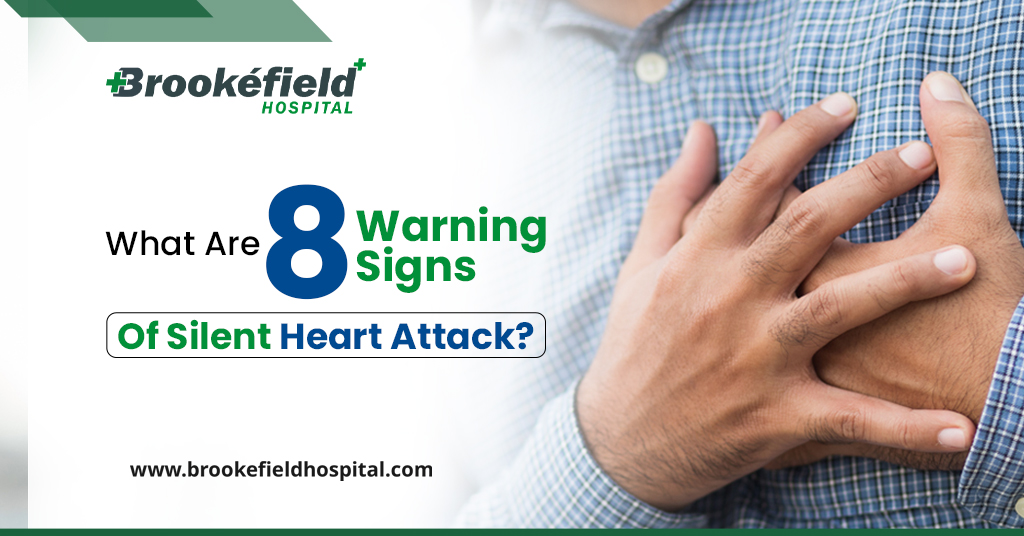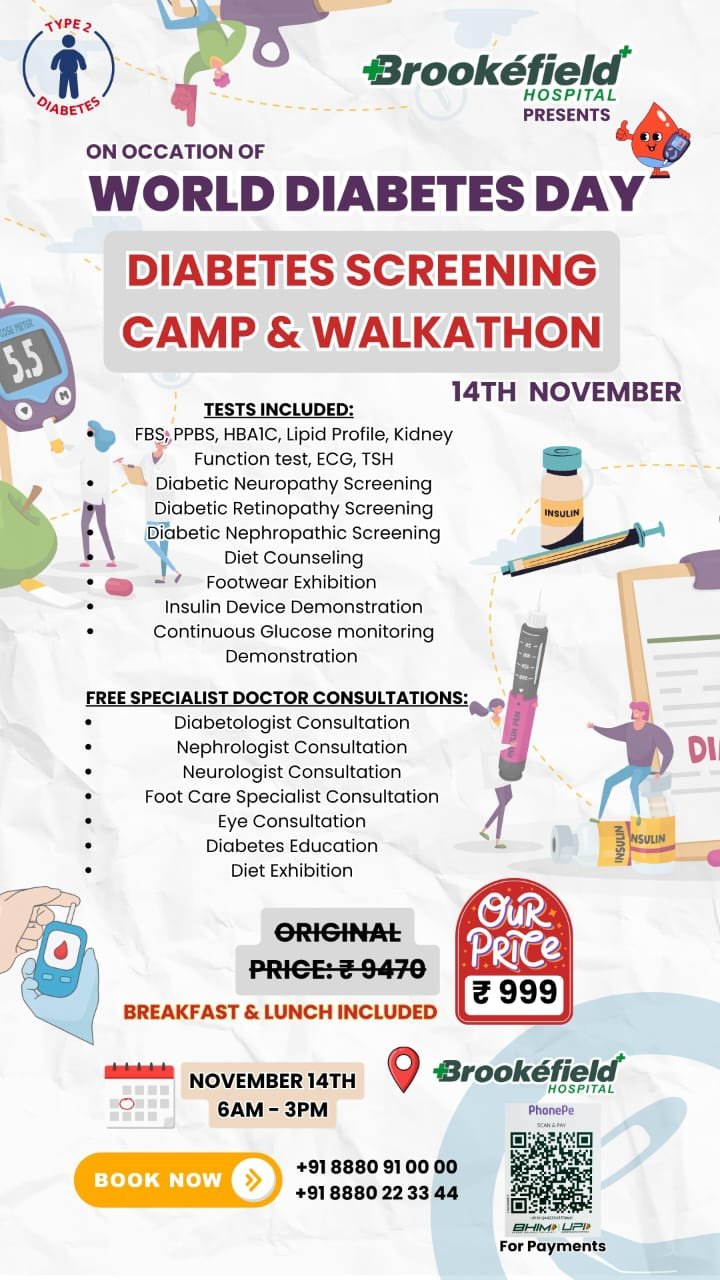8 warning signs of silent heart attack: We all want to have a healthy life. Sometimes it happens that we are not paying attention to our health and suffer unnecessarily. If we look at the recent scenario, then people who are suffering from heart disease are very high. There are so many reasons why they are suffering from it. Among all the heart diseases, the most common condition that has been seen is a silent heart attack.
Some people are aware of the symptom of a silent heart attack, and some have no clue about it. For all of them around here, we are discussing the eight warning signs of a silent heart attack in detail. Keep on reading till the end to know about it and prevent it as well. We will also share some tips to prevent it in future. Without any delay, let’s get started!
8 Warning Signs Of Silent Heart Attack:
The warning signs that one notices with heart attack are as follows:
Chest Discomfort:
The most common and prominent symptom of a heart attack is chest pain or discomfort. It is often described as a feeling of pressure, squeezing, fullness, or pain in the centre of the chest. The discomfort may last for a few minutes or come and go repeatedly.
Upper Body Pain:
Pain or discomfort may extend beyond the chest to other parts of the upper body. This can include discomfort in one or both arms, the back, neck, jaw, or stomach. The pain can be mild or intense and may not be relieved by resting.
Shortness of Breath:
Feeling short of breath, even when at rest or during mild physical activity, can be a warning sign of a heart attack. It may be accompanied by chest discomfort or occur without it. Some people may experience difficulty breathing and gasping for air.
Cold Sweats:
Unexplained cold sweats or a sudden, drenching sweat can be a sign of a heart attack, especially in men. This symptom is often described as a feeling of clamminess or breaking out into a cold sweat.
Fatigue:
Unusual and extreme fatigue or weakness, which may persist for several days leading up to the heart attack, could be an important warning sign, especially in women.
Nausea and Dizziness:
Some individuals, particularly women, may experience nausea, vomiting, lightheadedness, or sudden dizziness, which can be mistaken for flu-like symptoms but are actually indicative of a heart attack.
Unusual Heartbeat:
Palpitations, irregular heartbeats, or the sensation of the heart “fluttering” in the chest can be warning signs of a heart attack. In some cases, the heartbeat may be abnormally fast or slow.
Chest Pressure or Fullness:
Rather than acute pain, some people, particularly women, may feel a persistent discomfort or pressure in the chest that comes and goes, which they might dismiss as indigestion or heartburn.
It is important to remember that heart attack symptoms can vary from person to person, and not everyone will experience all the warning signs. Additionally, some individuals, especially women, may have atypical symptoms that are less characteristic of the classic chest pain associated with a heart attack.
Tips to prevent chances of heart disease:
Heart diseases are very common in the present times, and there are several tips that one can adopt to avoid them. These are as follows:
Adopt a Heart-Healthy Diet:
Eat a balanced diet that includes plenty of fruits, vegetables, whole grains, lean proteins, and healthy fats. Limit your intake of saturated and trans fats, cholesterol, and sodium to maintain healthy blood pressure and cholesterol levels.
Engage in Regular Physical Activity:
Aim for at least 150 minutes of moderate-intensity aerobic exercise or 75 minutes of vigorous exercise per week. Regular physical activity helps maintain a healthy weight, improves cardiovascular health, and reduces the risk of heart disease.
Quit Smoking and Avoid Secondhand Smoke:
Smoking damages blood vessels raises blood pressure, and increases the risk of heart disease. If you smoke, seek professional help to quit and avoid exposure to secondhand smoke as well.
Manage Stress:
Chronic stress can contribute to heart disease. Practice stress-reducing techniques such as meditation, yoga, deep breathing exercises, or engaging in hobbies to promote relaxation and overall well-being.
Control Blood Pressure and Cholesterol:
Regularly monitor your blood pressure and cholesterol levels. If they are high, work with your healthcare provider to develop a plan to manage and control them through lifestyle changes or medication if necessary.
Limit Alcohol Consumption:
Excessive alcohol intake can raise blood pressure and contribute to heart disease. If you drink alcohol, do so in moderation—up to one drink per day for women and up to two drinks per day for men.
Get Regular Health Check-ups:
Regular medical check-ups can help detect any early signs of heart disease or other health issues. Work closely with your healthcare provider to assess your overall health and receive guidance on maintaining a heart-healthy lifestyle.
Reach Brookfield Hospital to get treatment for a heart attack!
If you are experiencing symptoms of a heart attack, seek immediate medical attention. Go to Brookfield Multispecialty Hospital in Bangalore for immediate treatment. You can also call for emergency medical services if you are unable to reach the hospital yourself.
When it comes to heart attack treatment, times play an integral role, and Brookfield Hospital is equipped with specialized medical professionals and facilities to provide the necessary care and support. Do not delay seeking help if you suspect a heart attack. Acting quickly can make a significant difference in your outcome and recovery.
FAQ:
What are some essential lifestyle changes to maintain heart health?
To maintain heart health, it is important to adopt a heart-friendly lifestyle. Focus on a balanced diet rich in fruits, vegetables, whole grains, and lean proteins. Engage in regular physical activity, quit smoking if you smoke, manage stress, and maintain a healthy weight.
How much exercise do I need for a healthy heart?
At least 150 minutes of moderate-intensity aerobic exercise or 75 minutes of vigorous-intensity exercise per week. This can be achieved through activities like brisk walking, cycling, swimming, or dancing.
What foods should I include in my heart-healthy diet?
A heart-healthy diet should include foods low in saturated and trans fats, such as oily fish (salmon, trout), nuts, seeds, and olive oil. Incorporate more fibre-rich foods like whole grains, legumes, and fresh fruits and vegetables. Limit the intake of processed foods, sugary drinks, and excessive salt.
Can stress affect heart health, and how can I manage it?
Yes, chronic stress can negatively impact heart health. To manage stress, try relaxation techniques like deep breathing exercises, yoga, meditation, or engaging in hobbies you enjoy. Regular physical activity and maintaining a healthy support network of friends and family can also help reduce stress levels.
Are there any specific risk factors I should be aware of for heart disease?
Yes, several risk factors can increase the likelihood of heart disease. These include high blood pressure, high cholesterol levels, diabetes, obesity, smoking, a sedentary lifestyle, and a family history of heart disease. It’s essential to address these risk factors proactively through lifestyle changes and regular medical check-ups.




